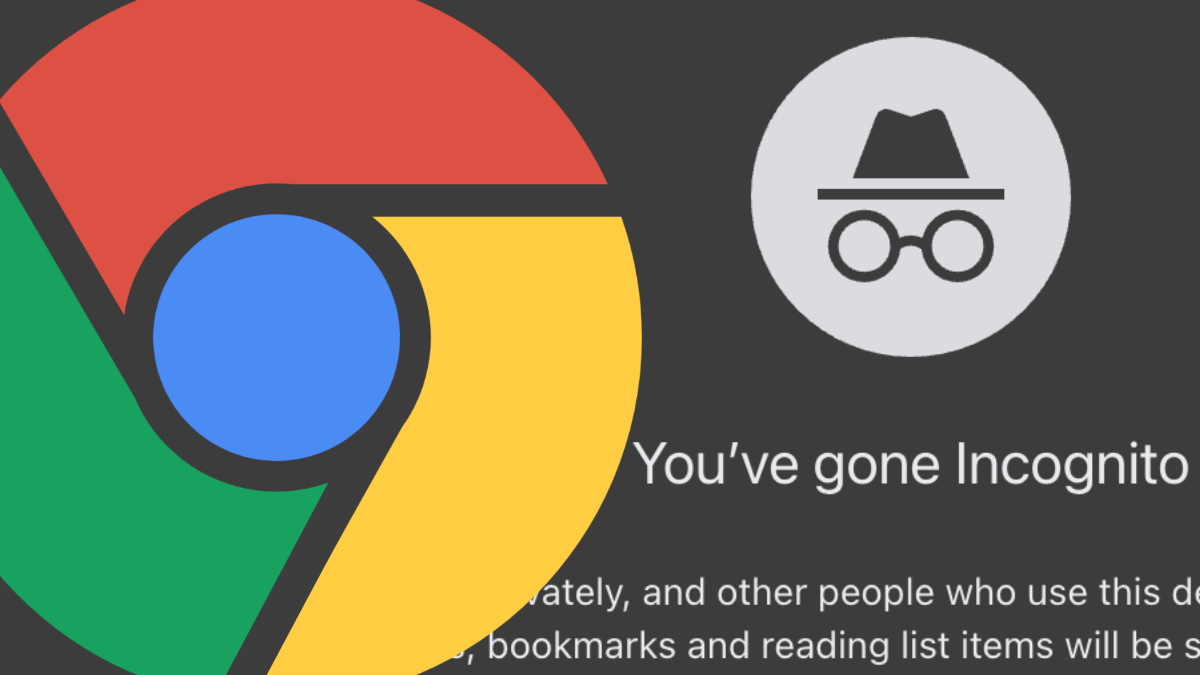Google Announces Purge of Browsing Data Gathered from Chrome’s Incognito Mode
This action results from a settlement reached in December regarding a $5 billion privacy lawsuit.
On Monday, the initial specifics emerged surrounding Google’s settlement of a class-action lawsuit concerning Chrome’s tracking of Incognito users. Initially filed in 2020, this lawsuit had the potential to demand $5 billion in compensation from the company. However, according to The Wall Street Journal, Google has opted to destroy “billions of data points” it improperly collected, and the tech giant will revise its disclosures on data collection and uphold a default setting for blocking Chrome’s third-party cookies for the next five years.
The lawsuit alleged that Google misled Chrome users regarding the true privacy of Incognito browsing, claiming that the company told customers their information was private while simultaneously monitoring their activities. Google defended its actions by asserting that it cautioned Chrome users that Incognito mode “does not mean ‘invisible'” and that websites could still track their activity. Reports of the settlement first emerged in December.
Originally, the lawsuit sought $5,000 in damages per user for alleged violations of federal wiretapping and California privacy statutes. Google attempted to have the legal proceedings dismissed, but was unsuccessful, as Judge Lucy Koh ruled in 2021 that the company had failed to inform users that data collection continued while Incognito mode was enabled.
During the lawsuit’s discovery phase, emails surfaced in late 2022, publicly revealing some of the company’s concerns regarding the false sense of privacy associated with Incognito mode. In 2019, Google’s Chief Marketing Officer, Lorraine Twohill, advised CEO Sundar Pichai that using the term “private” for Incognito mode could worsen existing misconceptions. In a subsequent email exchange, Twohill strongly expressed limitations in marketing Incognito due to its lack of privacy, necessitating vague language that could potentially cause more harm than good.
The court declined to certify a class of plaintiffs seeking financial damages, leaving users with the option to sue Google in an attempt to seek compensation individually. Without delay, some users took action: a group of 50 individuals filed a separate lawsuit in California state court on Thursday, addressing the privacy infringements.
The trial for the lawsuit was originally set for February. Meanwhile, the settlement awaits final approval from Judge Yvonne Gonzalez Rogers of the Northern District of California before it can be considered official.
Attorney David Boies, representing the plaintiffs, emphasized the significance of the settlement, stating to The Wall Street Journal, “This settlement marks a pivotal moment in demanding transparency and responsibility from major technology corporations.”
One aspect of the settlement mandates Google to deactivate third-party tracking cookies by default for the next five years, which may become irrelevant. This is due to the company’s existing Privacy Sandbox initiative, which was already slated to eliminate all third-party cookies for Chrome users by the end of the year. In its place, the Topics API will be introduced, a mechanism that sidesteps cookies by organizing browsing activity into locally stored topics. This new system enables advertisers to tailor ads to users without directly accessing their browsing data.
There are doubts about the effectiveness of eliminating the improperly collected data. Given that the lawsuit encompasses information dating back to 2016, it’s plausible to speculate that much of the data has already been sold to third parties or integrated into separate products not covered by the settlement.
Google is required to revise its privacy disclosures concerning its data collection procedures in Incognito mode. The company informed The WSJ that it has already commenced implementing this alteration.








